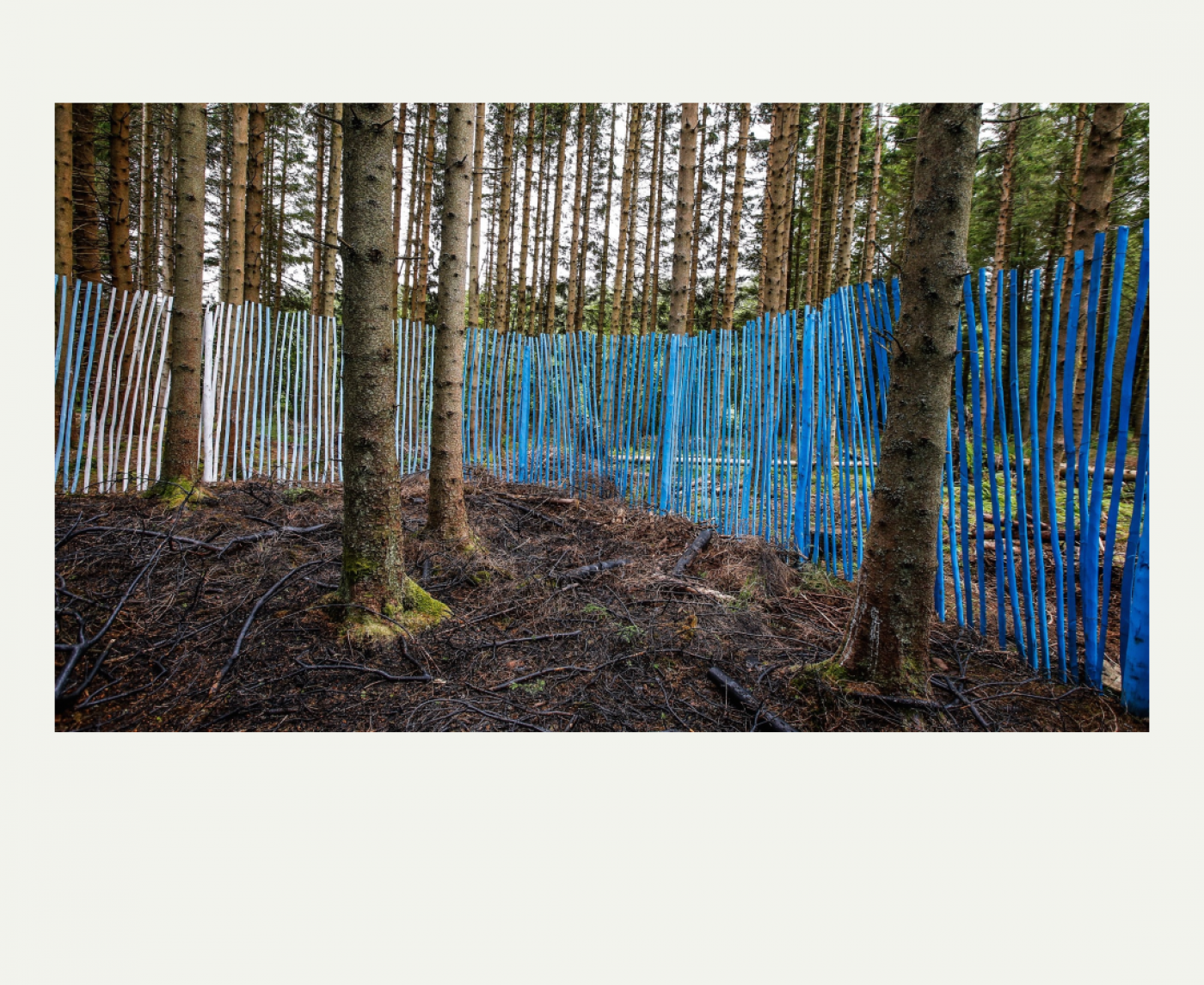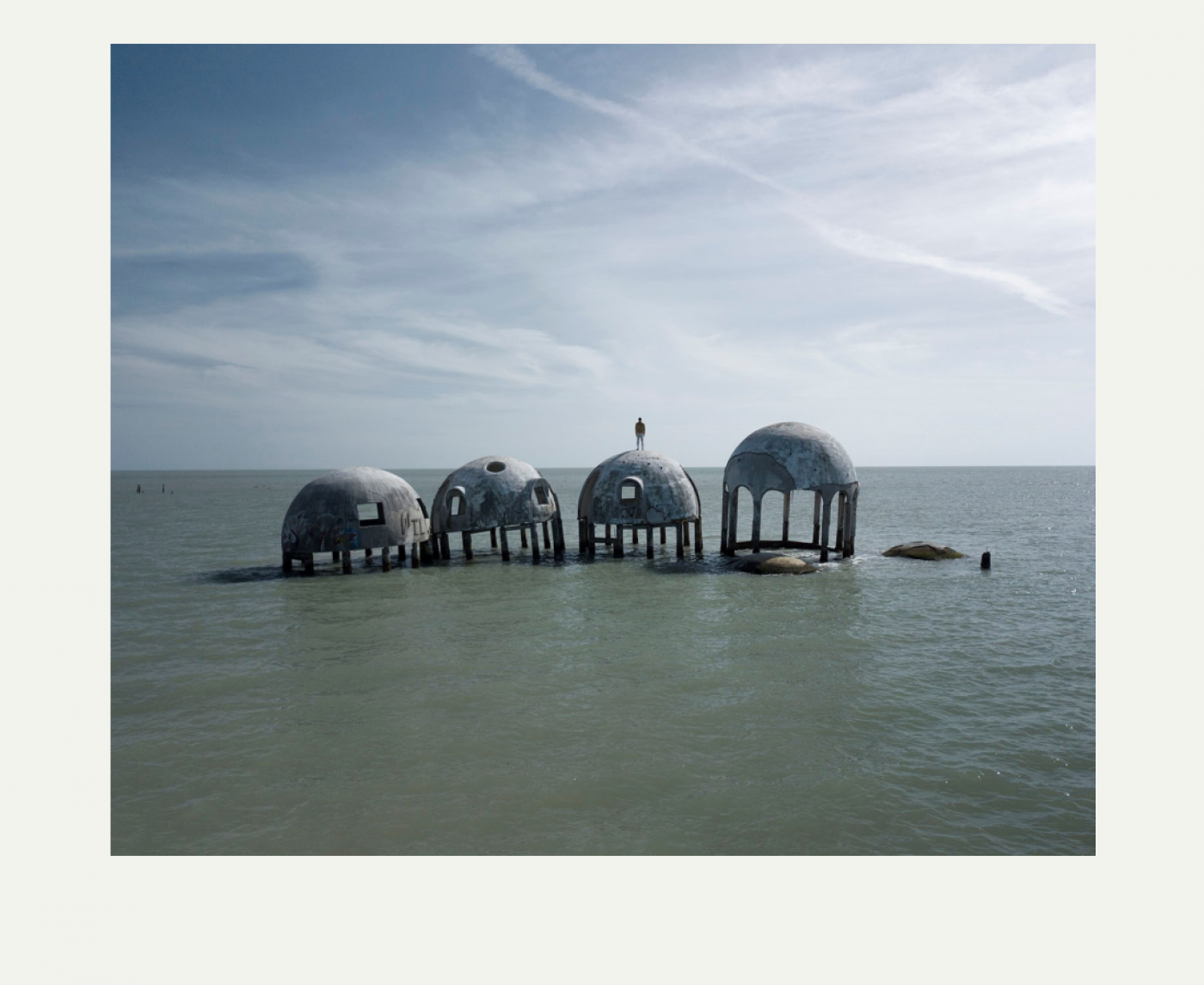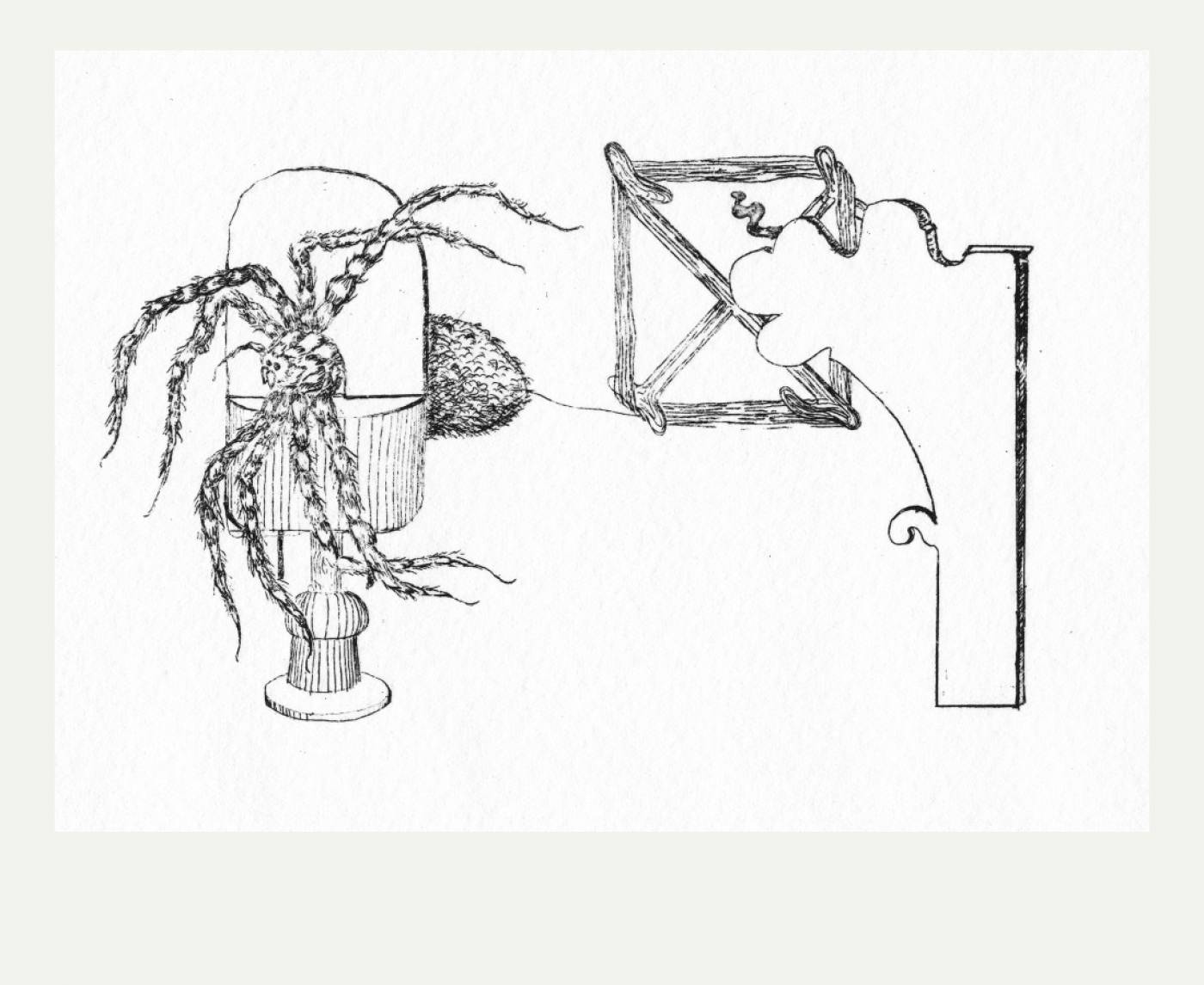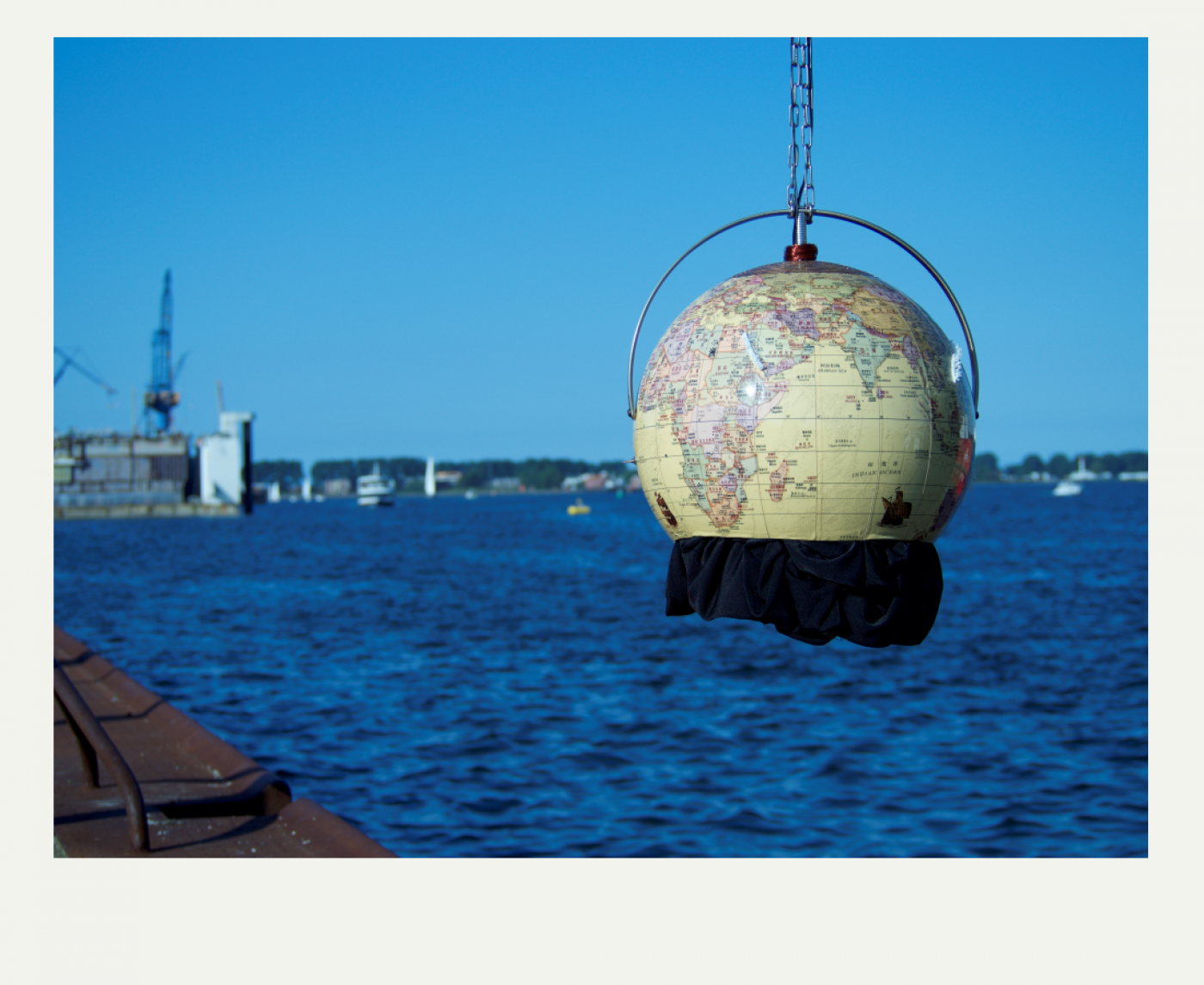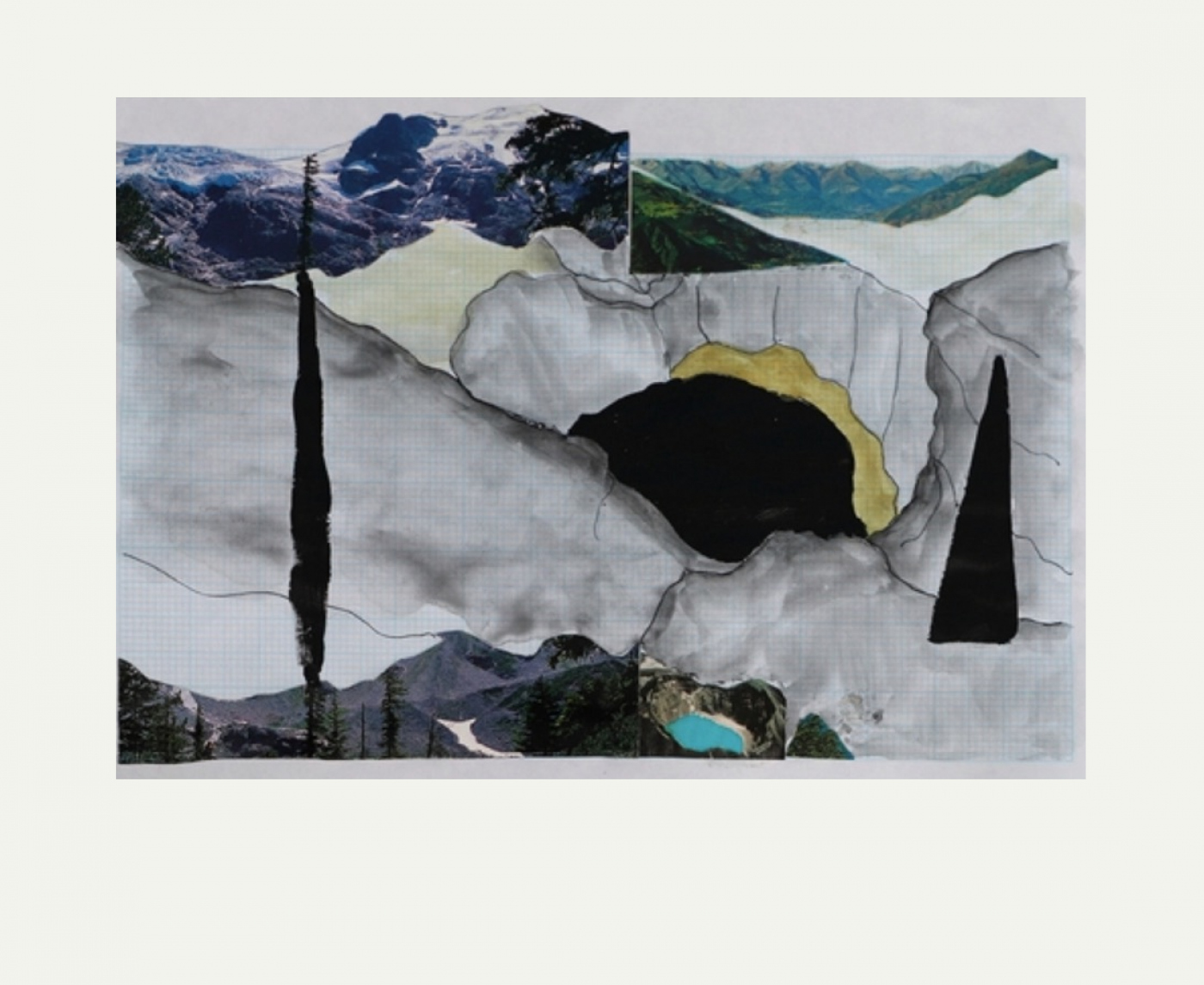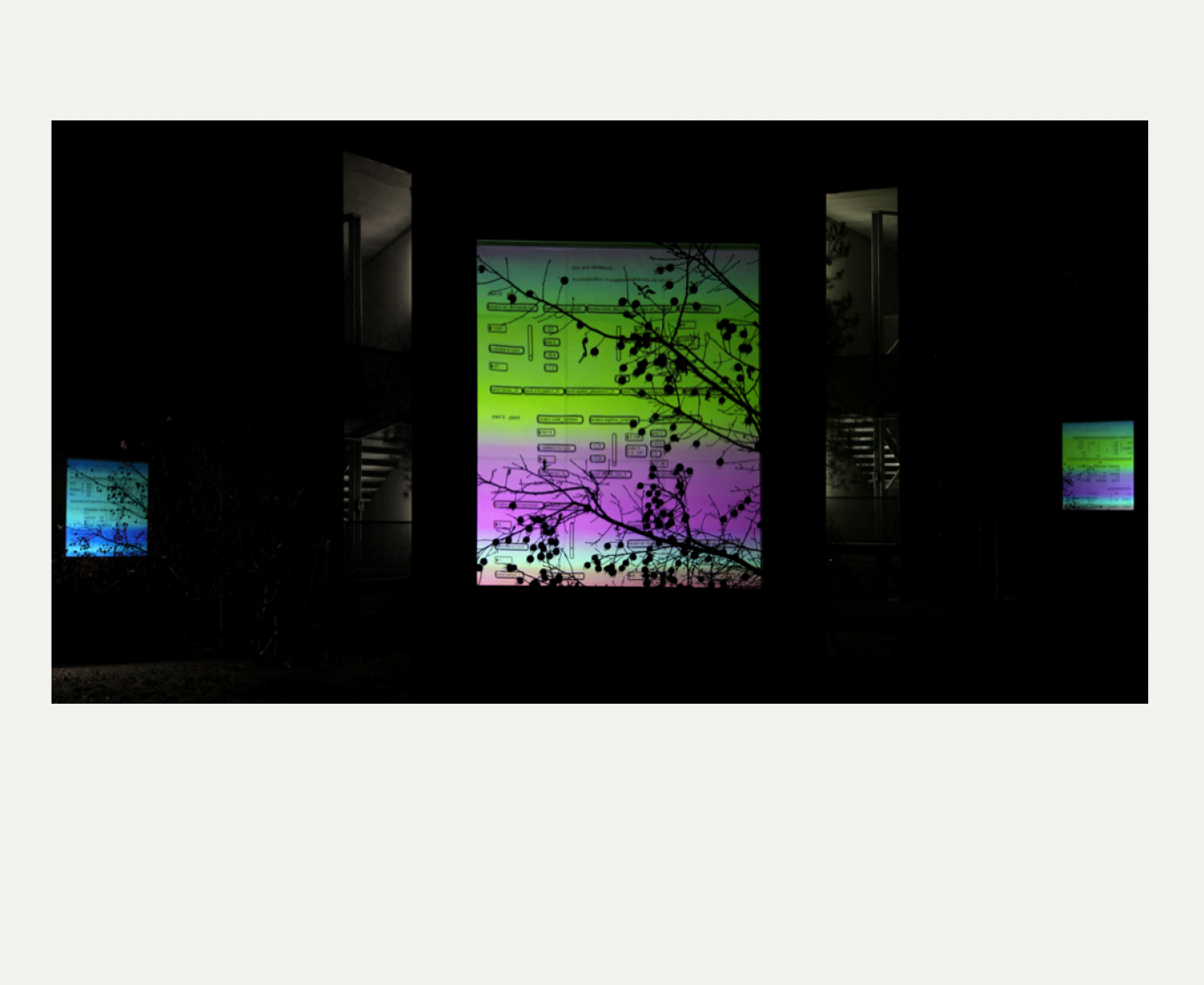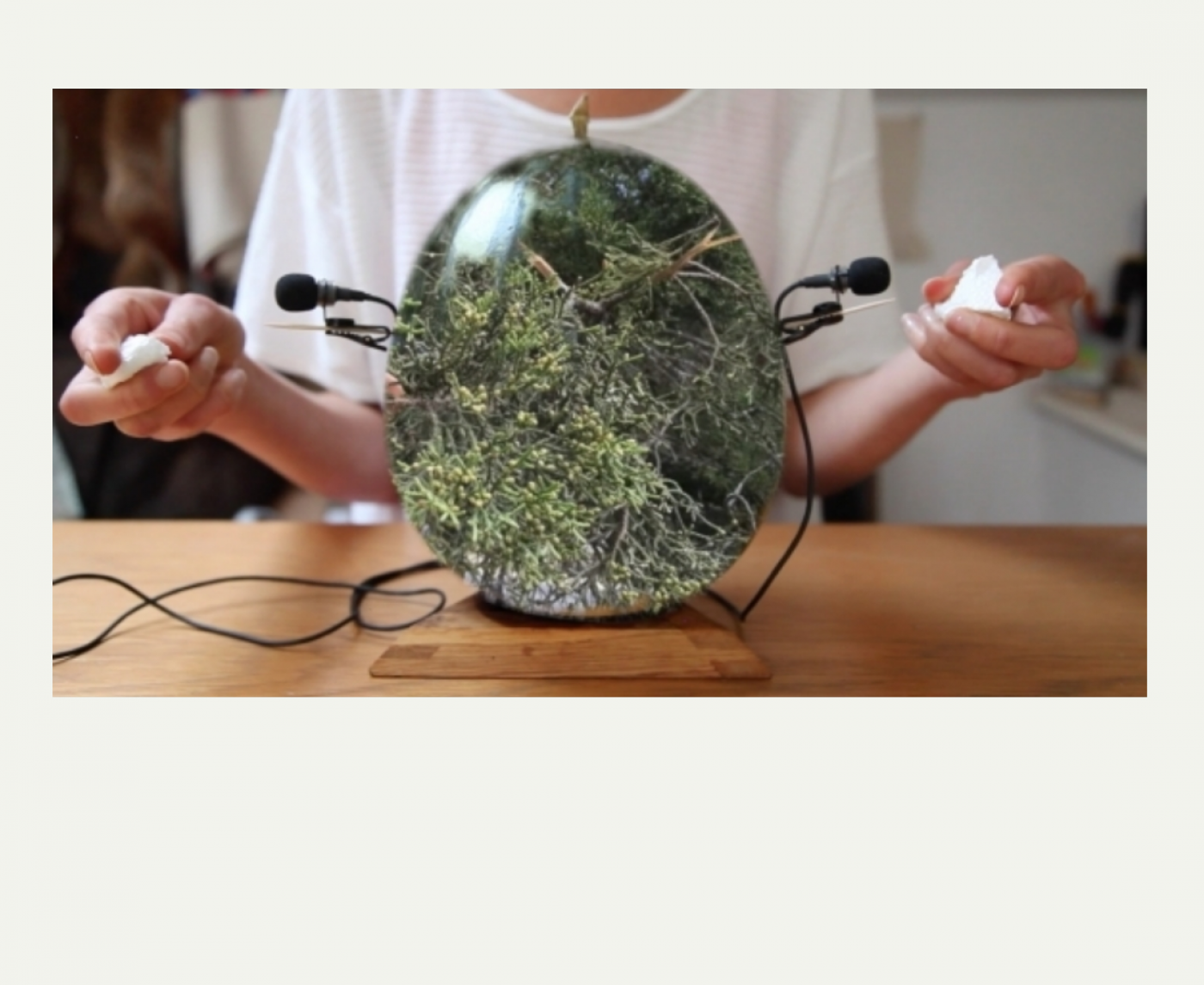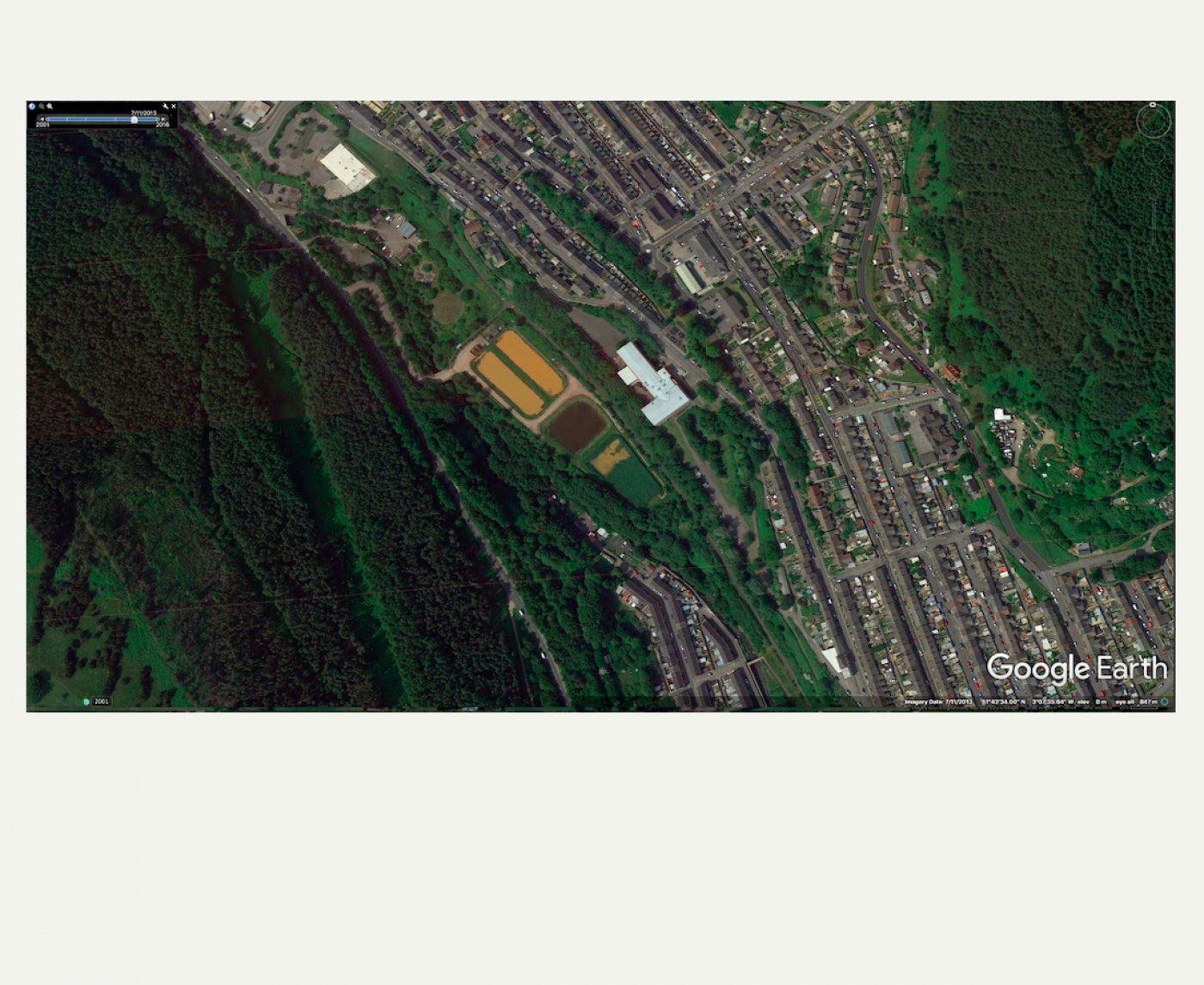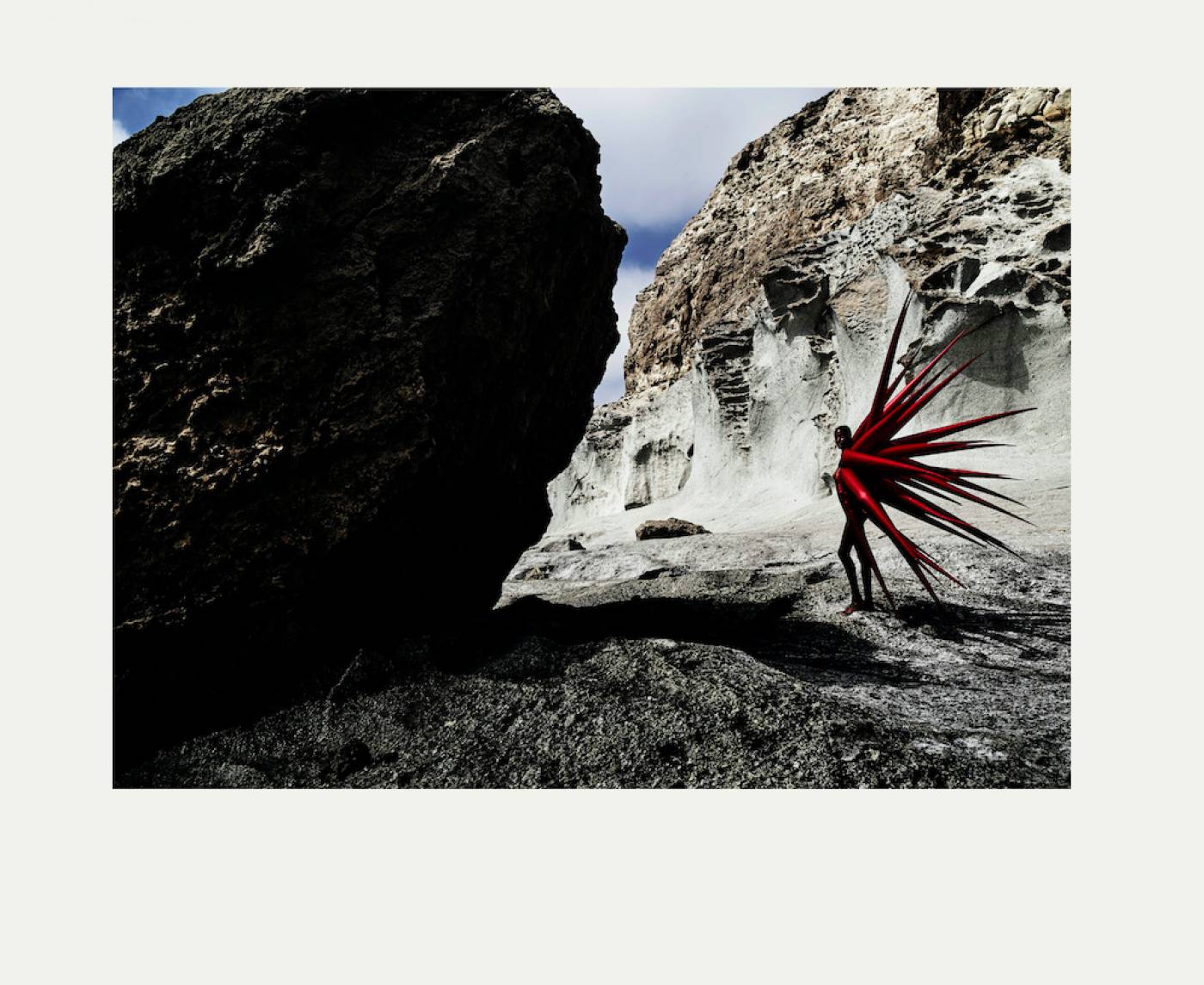UCL Anthropocene brings together researchers from across disciplines to articulate and address the problems that the Anthropocene poses for our collective future.
- Our approach
A historical complex of interactions generating planetary transformations
We understand the Anthropocene as the historical complex of human interactions with other species and environments that are generating planetary transformations at multiple levels, including climate change, biodiversity loss, and changes in the chemical composition of the atmosphere, oceans, and living organisms. The idea of the Anthropocene directs us to consider how social, political, economic and destructive environmental changes are fundamentally entangled. The Anthropocene is the name for a proposed geological epoch, but it also marks a series of emergencies and unpredictable events.Rethinking our disciplines and forms of knowledge
We believe that we need a wide range of forms of knowledge to address these multifaceted questions raised by the idea of Anthropocene. Recognizing the complementary insights that different disciplines bring, the Anthropocene questions the academy’s usual division of labour between the social and natural sciences. It also raises profound questions about the proper valuing of indigenous knowledge and non-scientific and artistic forms of practice. We are interested both in the challenges that the Anthropocene sets academic disciplines as well as how research and practice challenges the concept of the Anthropocene. UCL Anthropocene is a workshop for rethinking our disciplines, and their constitutive relations in response to a concrete and urgent set of questions.Anthropogenic effects cross species and time
Comprehending the Anthropocene involves studying past climates and historical change over the long-term. Accounts of the Anthropocene need to address the ‘great acceleration’ of environmental change of the past fifty years, but must be equally concerned with longer histories of capitalism and industrialization, colonialism and imperialism, collective violence and resource extraction. Moreover, as COVID-19 reminds us, the organic and the ecological matters as much as the geological and the social; the agency of the non-human as much as the human.Accounts of the Anthropocene should not be based on a sense of human exceptionalism. Longstanding and local multispecies relationships, transformations in agricultural production, industrial and urban landscapes and infrastructure are all aspects the Anthropocene. Through all of this we are conscious of the unequal and uneven ways in which anthropogenic effects have been generated and experienced, from the deep past and into the present day.
Consequences and implications of being human on a damage planet
The Anthropocene’s most intractable problems arise from particular historical ways of being human. Adapting to conditions on a damaged planet will necessarily involve cultural, societal, political and psychological invention, alongside the formulation of evidence-based environmental policies. The Anthropocene raises questions of environmental and social justice, of responsibility and meaning, together with the need to develop new technologies and governance mechanisms.
- What we're doing
UCL Anthropocene grows out of work within UCL’s Faculty of Social and Historical Sciences. The Faculty is uniquely well-placed to draw expertise in Physical Geography, Archaeology and the Environmental Sciences into new forms of dialogue with research in the social and historical sciences, including History, Anthropology, Political Science, Economics, and Sociology.
In addition, UCL Anthropocene seeks to engage colleagues across UCL including Laws, Fine Art, English, European Languages and Culture, Philosophy, Education, Engineering, Science and Technology Studies, Earth Sciences, Life Sciences, Population Health, and Medical Sciences.
UCL Anthropocene works as a virtual school by assembling projects, people, courses, and events. UCL Anthropocene will:
- Contribute to UCL’s Sustainability Strategy by developing education about the Anthropocene, climate change, and sustainability from the perspectives of the social, geographical and historical sciences.
- Provide a focus for collaborative research and education on the Anthropocene across the UCL Faculty of Social and Historical Sciences and beyond.
- Develop new interdisciplinary approaches to understanding the history, present state, and future of humanity’s impact on the planet, drawing particularly on UCL’s expertise in the social, geographical and historical sciences and building collaborations with colleagues in STEM as well as ‘SHAPE’ disciplines.
- Lead the development of interdisciplinary teaching on climate change and anthropogenic phenomena across UCL, rooted in the perspectives and contributions of the social, geographical and historical sciences and UCL’s connected curriculum.
- Intervene in public debate and engage with citizens about climate change, sustainability and the environment through public events, exhibitions, research papers and social and broadcast media.
 Close
Close


